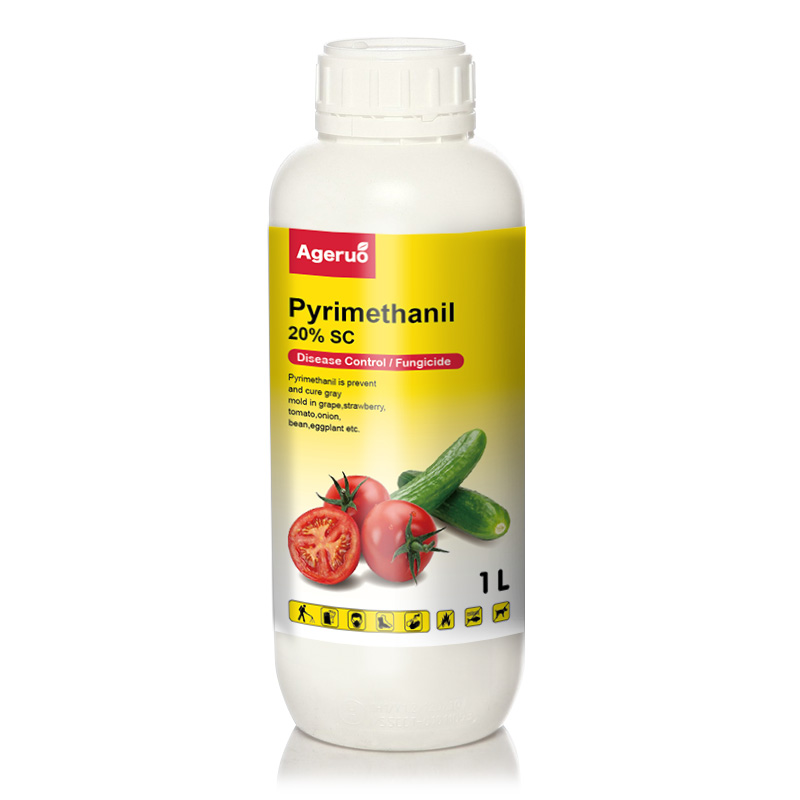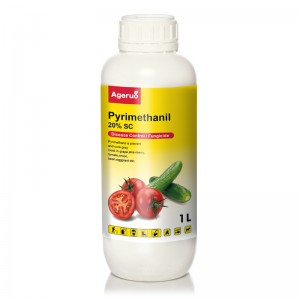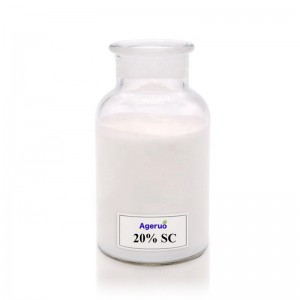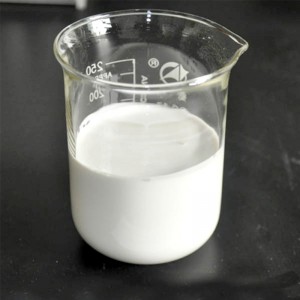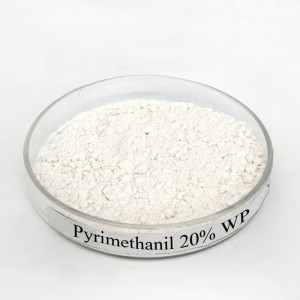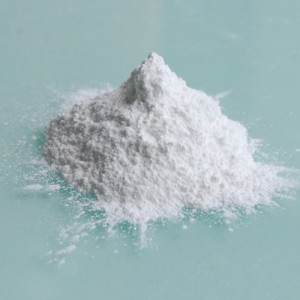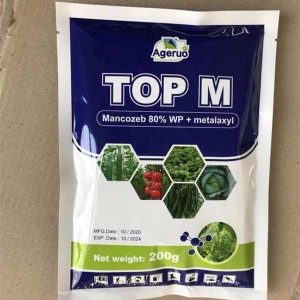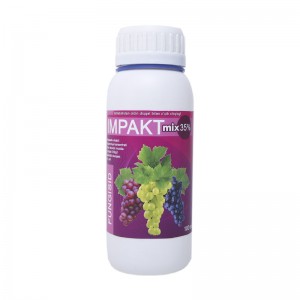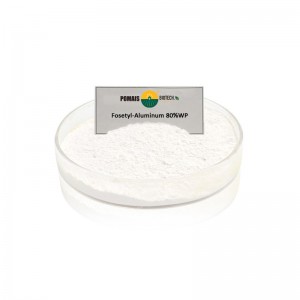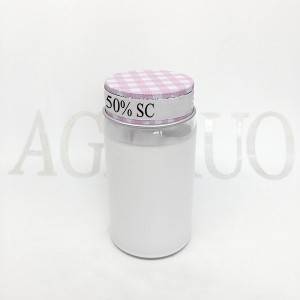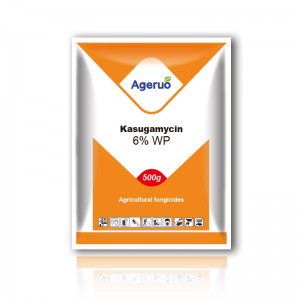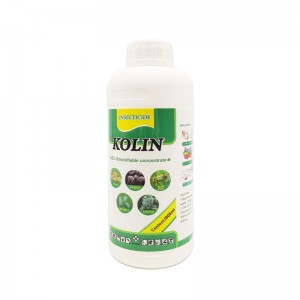Fungicide Pyrimethanil 20% SC 40% SC 20% WP for Tomato Botrytis desease

Pyrimethanil fungicide Introduction
Pyrimethanil is a fungicide primarily used in agriculture to combat various fungal diseases in crops. Pyrimethanil falls under the chemical category of anilinopyrimidines. Pyrimethanil functions by impeding fungal growth and halting the formation of fungal spores, thus shielding plants from ailments such as powdery mildew, gray mold, and leaf spot. Pyrimethanil fungicide is commonly administered across a diverse spectrum of crops, encompassing fruits, vegetables, and ornamental plants. We offer various formulations of Pyrimethanil fungicide, including 20%SC, 40%SC, 20%WP, and 40%WP. Additionally, mixed formulations are also available.
| Active Ingredient | Pyrimethanil |
| Name | Pyrimethanil 20% SC |
| CAS Number | 53112-28-0 |
| Molecular Formula | C12H13N3 |
| Classification | Fungicide |
| Brand Name | Ageruo |
| Insecticide Shelf life | 2 Years |
| Purity | 20%, 40% |
| State | Liquid |
| Label | Customized |
| Formulations | 20%SC, 40%SC, 20%WP, 40%WP |
| The mixed formulation product | 1.Pyrimethanil 13%+Chlorothalonil 27% WP 2.Chlorothalonil 25%+Pyrimethanil 15% SC 3.Pyrimethanil 15%+Thiram 15% WP |


Botrytis fungicide
Tomato Botrytis Disease, also known as gray mold, is a fungal disease caused by Botrytis cinerea. It affects various parts of the tomato plant, including fruits, stems, leaves, and flowers. Symptoms typically include grayish-brown fuzzy patches on affected plant parts, leading to rotting and decay. Botrytis can cause significant yield losses and reduce the quality of tomato crops.
Pyrimethanil fungicide is highly effective against Botrytis cinerea, the causal agent of Tomato Botrytis Disease. Pyrimethanil works by inhibiting the growth of the fungus and preventing the development of spores, thus controlling the spread of the disease. It provides excellent protection against gray mold when applied preventatively or during the early stages of infection.
Mode of Action
Pyrimethanil Fungicide is an internal fungicide, which has three effects of treatment, eradication and protection. Pyrimethanil Fungicide mechanism of action is to prevent the infection of bacteria and kill the bacteria by inhibiting the production of pathogenic enzymes. It has a good control effect on cucumber or tomato botrytis cinerea.
The mode of action of pyrimethanil fungicide involves inhibiting the synthesis of fungal cell walls, which ultimately leads to the death of the fungus. Specifically, pyrimethanil interferes with the biosynthesis of fungal cell wall components called β-glucans. These β-glucans are crucial for maintaining the structural integrity of the fungal cell wall, and their inhibition disrupts normal fungal growth and development. By targeting the synthesis of β-glucans, pyrimethanil disrupts the formation of new fungal cells and prevents the spread of fungal infections within plants.
This mode of action makes pyrimethanil effective against a wide range of fungal diseases in various crops, including Botrytis cinerea in tomatoes, powdery mildew in grapes, and other important plant pathogens.


Using Method
Pyrimethanil fungicide's mode of action makes it particularly effective in managing fungal diseases like Botrytis cinerea in tomatoes and other crops. It can be applied through various methods such as foliar sprays, drenches, or as part of integrated disease management programs. Pyrimethanil's efficacy, combined with its relatively low toxicity to humans and the environment when used properly, makes it a valuable tool for controlling Tomato Botrytis Disease and ensuring healthy tomato crops.
| Formulations | Crop names | Fungal diseases | Dosage | usage method |
| 40%SC | Tomato | Botrytis | 1200-1350mg/ha | spray |
| Cucumber | Botrytis | 900-1350g/ha | spray | |
| Chives | Botrytis | 750-1125mg/ha | spray | |
| Garlic | Botrytis | 500-1000 times liquid | Tree shoots | |
| 20% SC | Tomato | Botrytis | 1800-2700mg/ha | spray |











